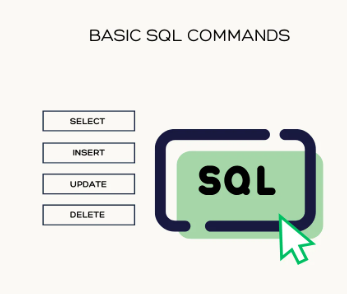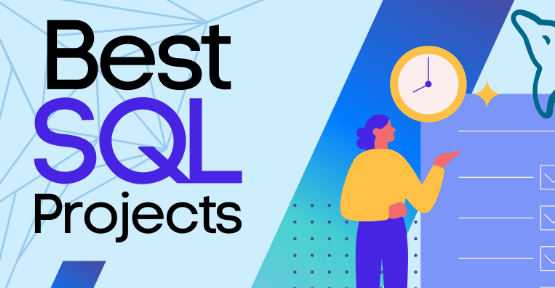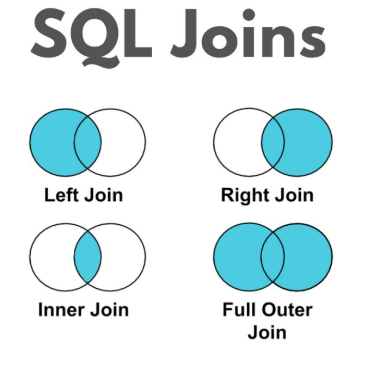
SQL Basics for Beginners | What is SQL and How It Works
So far in this series, we’ve covered what a database is and the difference between DBMS and RDBMS. In this episode, we’ll explore the language that makes relational databases powerful and interactive—SQL.
Whether you’re tracking student grades, managing customer orders, or analyzing business data, SQL is the language that helps you communicate with the database.
What is SQL?
SQL stands for Structured Query Language. It’s a programming language used to interact with relational databases.
Simple Definition:
SQL is a language used to create, read, update, and delete data from tables in a relational database.
SQL is often pronounced as “ess-que-ell” or “sequel.”
What Can SQL Do?
SQL is used to:
| Task | SQL Command Example |
| Create tables | CREATE TABLE students (…) |
| Insert data | INSERT INTO students VALUES (…) |
| Retrieve data | SELECT * FROM students |
| Update data | UPDATE students SET grade=90 |
| Delete records | DELETE FROM students WHERE id=5 |
These commands make up the CRUD operations:
Create, Read, Update, Delete
SQL and RDBMS
SQL works hand-in-hand with RDBMS systems like:
- MySQL
- PostgreSQL
- Oracle
- Microsoft SQL Server
- SQLite
These systems store data in tables, and SQL is the language used to query and manage that data.
Related: DBMS vs RDBMS | Key Differences with Examples
Real-World SQL Example
Imagine you run a school database and want to get all students who scored above 80.
Here’s the SQL query:
SELECT name, grade
FROM students
WHERE grade > 80;
This would return all student names and their grades where the grade is more than 80.
Where Is SQL Used?
SQL is used in almost every industry:
| Industry | Use of SQL |
| E-commerce | Track orders, products, users |
| Education | Manage student records and results |
| Banking | Store transactions, account info |
| Healthcare | Handle patient records, appointments |
| Marketing | Analyze campaigns, customer data |
Even non-programmers like data analysts, business analysts, and marketers often learn SQL to access company data.
Why Learn SQL?
- It’s beginner-friendly and has simple syntax
- One of the most in-demand skills in data jobs
- Helps you communicate with databases directly
- Great for filtering and analyzing large datasets
Summary: What is SQL?
| Feature | Details |
| Full Form | Structured Query Language |
| Works With | RDBMS (MySQL, PostgreSQL, etc.) |
| Common Commands | SELECT, INSERT, UPDATE, DELETE |
| Used By | Web devs, data analysts, IT, businesses |
| Why It Matters | Central to data handling in tech systems |
If a database is like a warehouse, SQL is the forklift that moves the data in and out efficiently.


